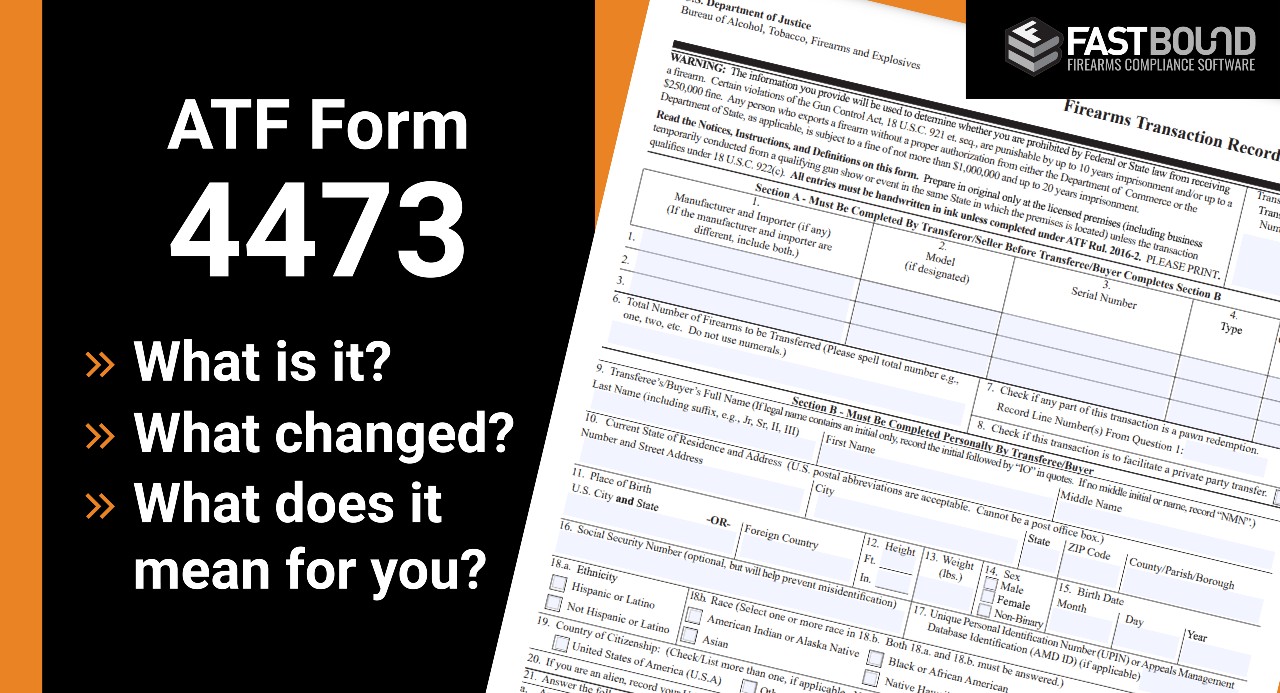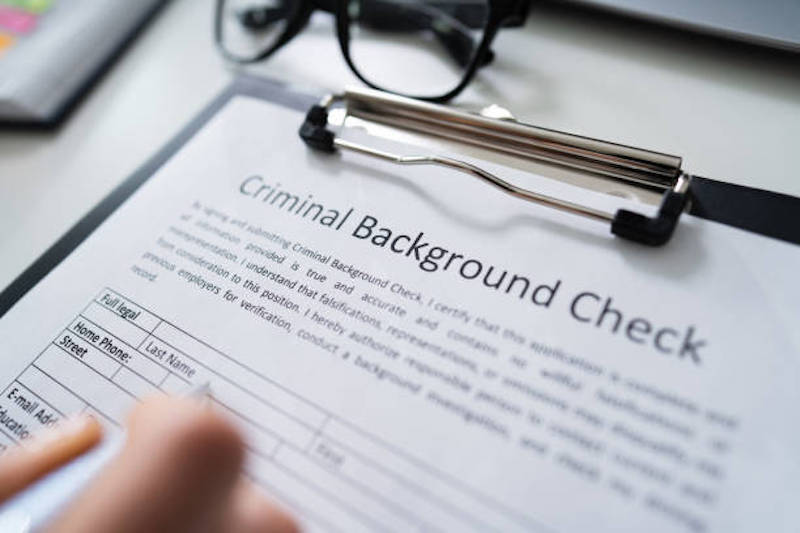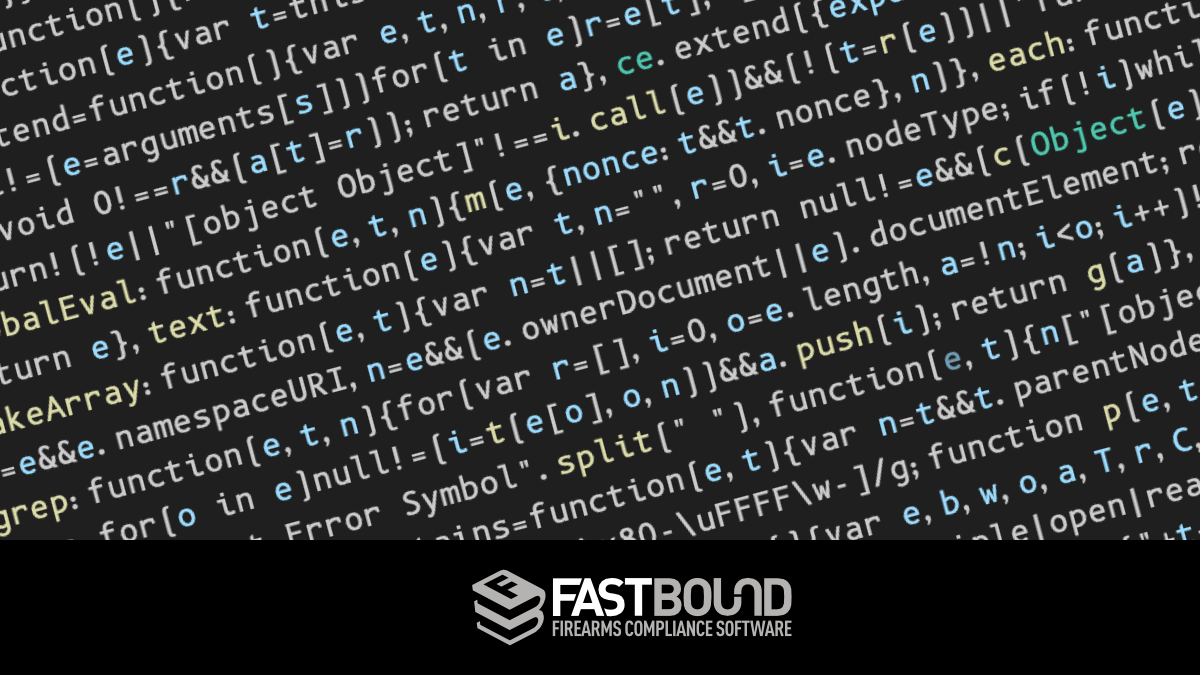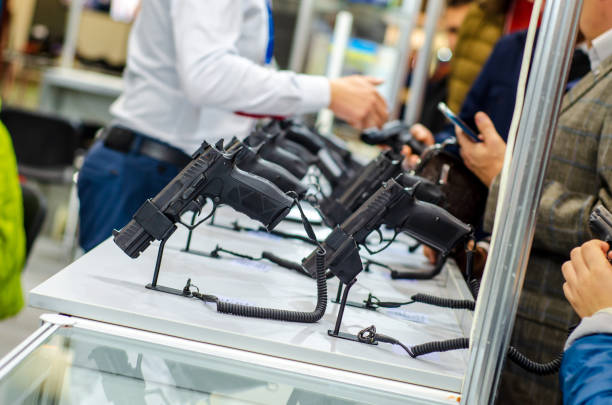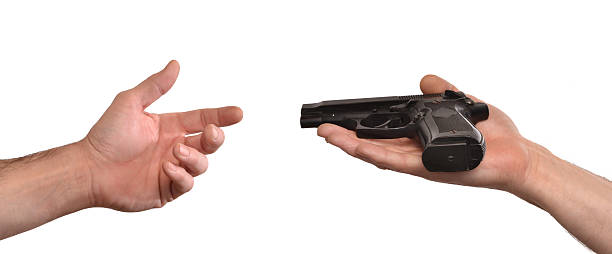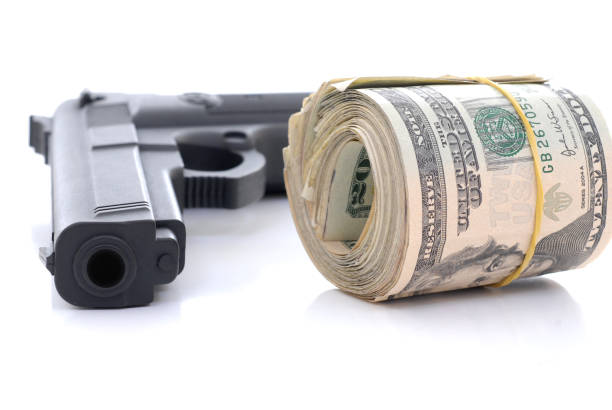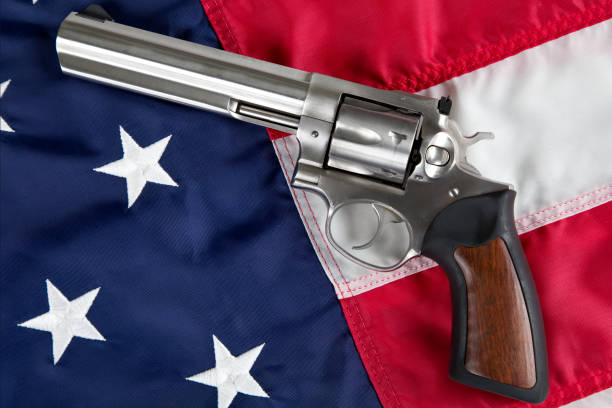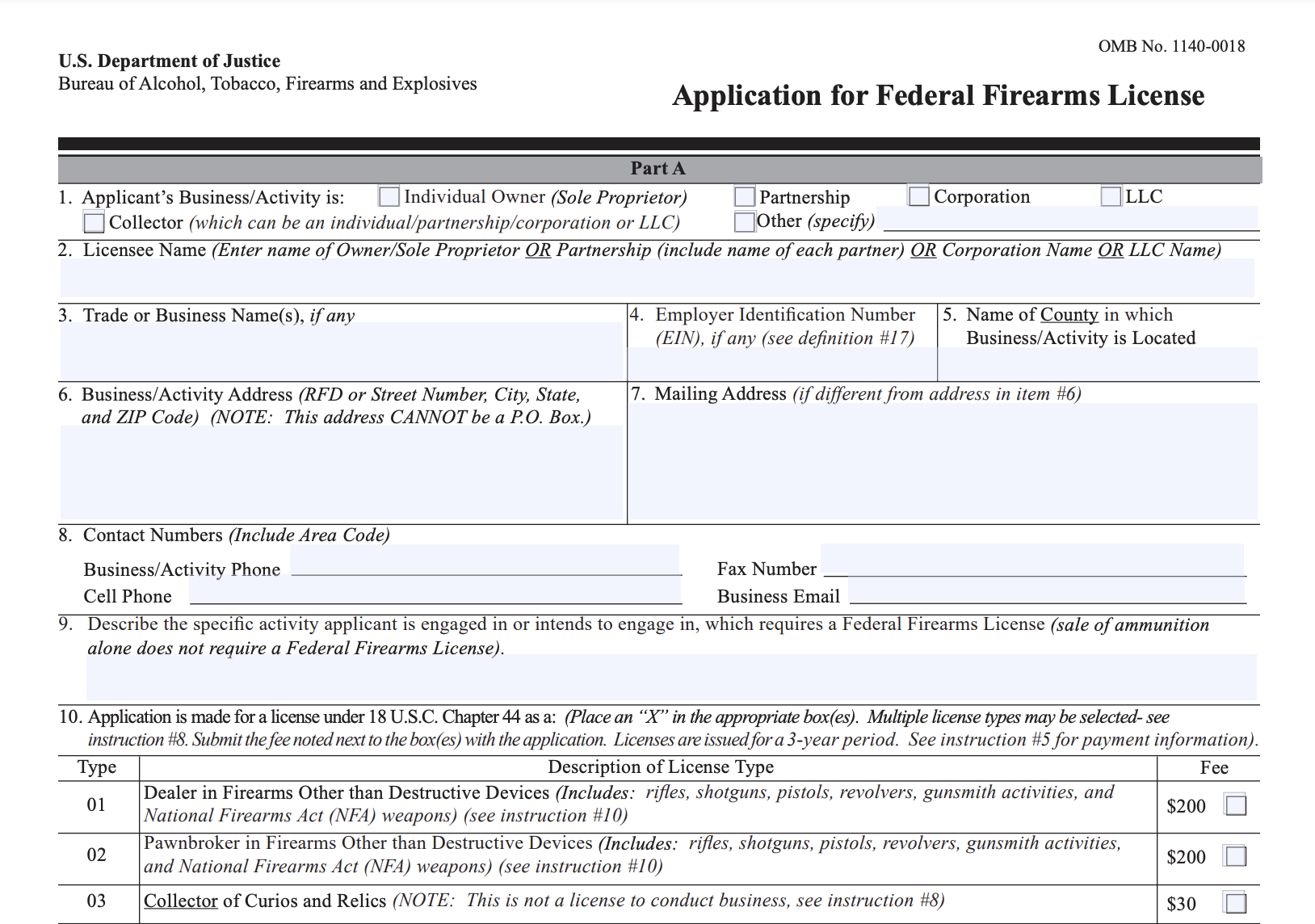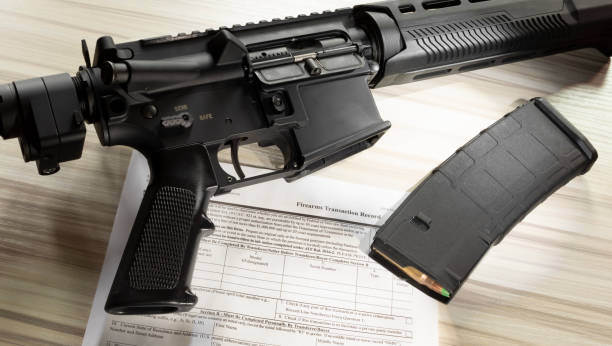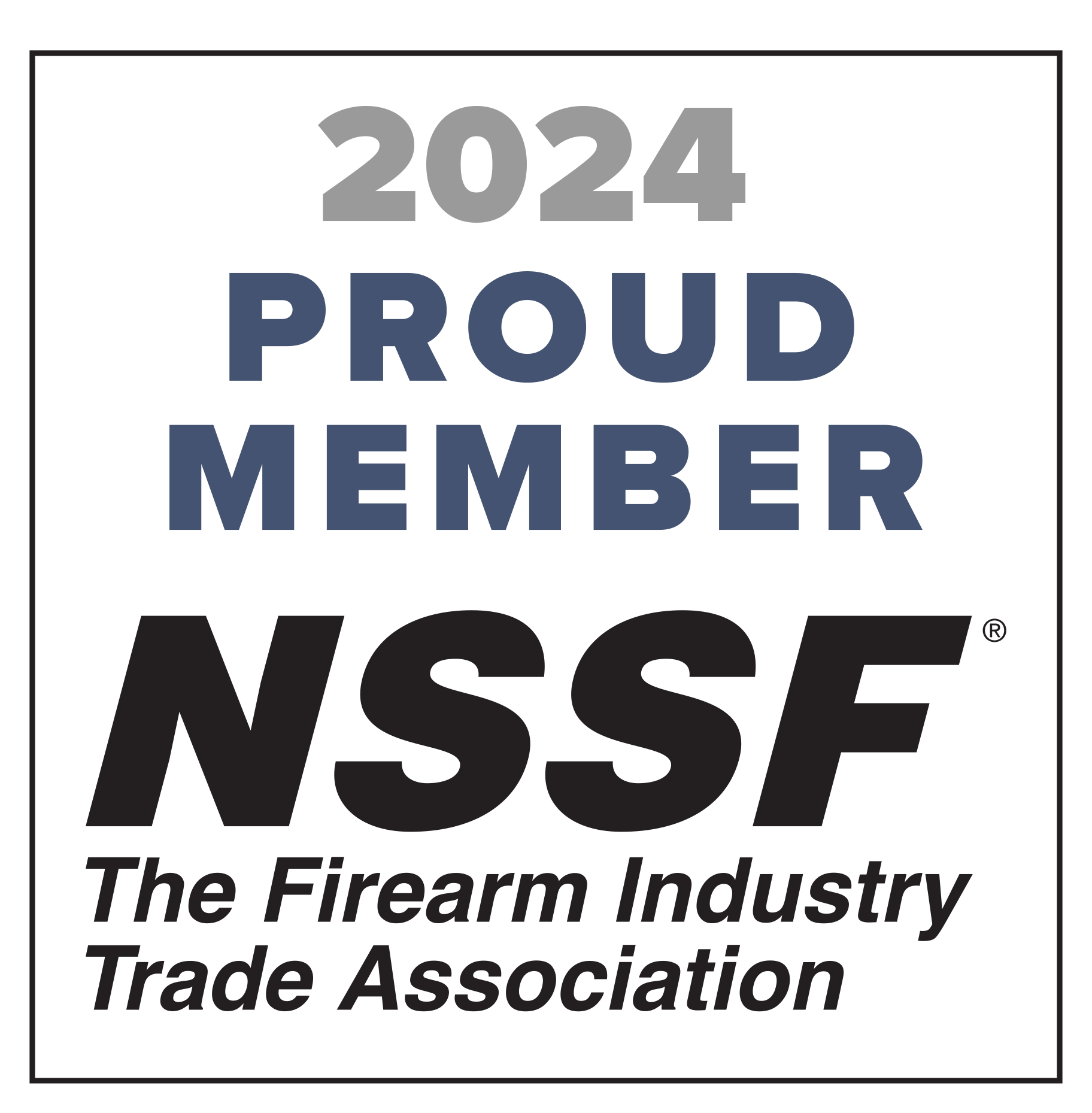In the United States, some firearm purchasers are put off from buying firearms due to the complex requirements set down by the Bureau of Alcohol, Tobacco, and Firearms (ATF.) One of those complexities is form 4473, which is a Firearms Transaction Record. The form has the design of ensuring that whoever is buying the firearm is authorized and that whoever is selling the firearm is conducting the sale in conjunction with the federal and state requirements set in place by the ATF. Here is a closer look at what form 4473 does and why it is important.

What is a 4473?
A 4473 is a federal form issued by the Bureau of Alcohol, Tobacco, and Firearms (ATF) that contains all the information needed by the ATF to confirm that the buyer is approved for a firearm purchase under federal law and or state law. It is also called form 4473 or ATF Form 4473. The purpose of the form is to fully transfer the gun or guns that you purchase under the form from the seller to the buyer. The gun shop from which you buy the firearm will require a 4473 form, which initiates the firearm transfer from the seller to the buyer with some pre-sale checks. The NICS background check will search for any prohibited person – those with certain convictions, such as felonies, misdemeanors, and convictions that involve a controlled substance. The form is also designed to prevent a straw purchase from occurring – the sale of a firearm to someone who is eligible, but that person will give the gun to someone who is not eligible to buy a gun.
The 4473 form lists:
- The buyer’s name
- Address
- Government ID numbers
- National Instant Criminal Background Check System number is also known as a NICS number
- The form will ask for the firearm information, such as make, model, gun type – handgun, long gun, shotgun, etc., and serial number for each gun that you list on the form.
An ATF form 4473 can list one gun or multiple guns. Keep in mind that the form’s primary use is to transfer each gun that you buy from the seller to you the buyer. That means that you can list multiple guns on one ATF form 4473 – but there are restrictions.
A special section of the form asks about gun shows and there is a process that the FFL holder must undergo for purchases of firearms at a gun show or online, even if the purchase is for recreational purposes.
Why do I have to fill out the 4473 Form?
In some cases, you may not need to file a form 4473. That situation occurs when you buy a gun from a non-licensed seller, such as via a private party, or in some cases when the transfer is to a law enforcement officer. Form 4473 is required when you buy a firearm from a licensed manufacturer, gun importer, or a dealer (gun shop.) One of the tasks of form 4473 is to move cataloged guns from under the seller’s license to the buyer. When a gun dealer buys a gun, it is registered to them. Form 4473 moves the gun from the seller’s list of registered serial numbers to the buyer. In that way, Form 4473 creates a trail of ownership for that gun, or all the guns listed on the ATF Form 4473.
Form 4473 and You, the Buyer
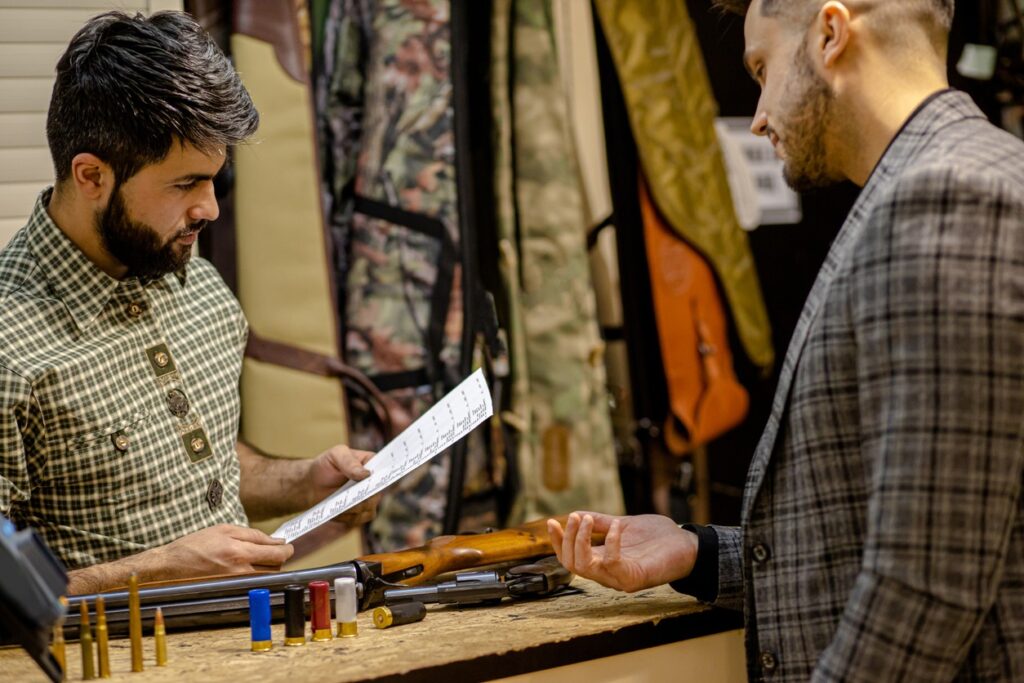
A Firearms Transaction Record, or ATF Form 4473, is a six-page form prescribed by the ATF and must be completed when a person proposes to purchase a firearm from a Federal Firearms License (FFL) holder such as a gun dealer. The FFL will review the form and initiate a background check with NICS or the appropriate point of contact in that state.
NICS is a list of persons prohibited from owning or possessing a firearm. Those can include felony convictions or court processes that are not yet complete or that are newly rendered. The NICS or an appropriate state agency will either approve the transfer, deny it, or cancel it. Filling out form 4473 with false information is a felony. If approved, the transfer will continue. If denied, then information about why the form was denied will be sent to the buyer. One reason stated by the NICS for firearm denials is that the buyer is an “unlawful user” which often means they have been convicted of a misdemeanor or felony. Sometimes if the form is not filled out correctly the form may be canceled by NICS or if the sale falls through, then the seller can cancel the form. When the form is denied or canceled, the guns listed on the form remain in the BoundBook of the seller as their property. When the form is approved the serial number of the firearm and its description will pass from the seller to the buyer as part of the data housed by the NICS.
How Many Guns Can I put on one 4473?
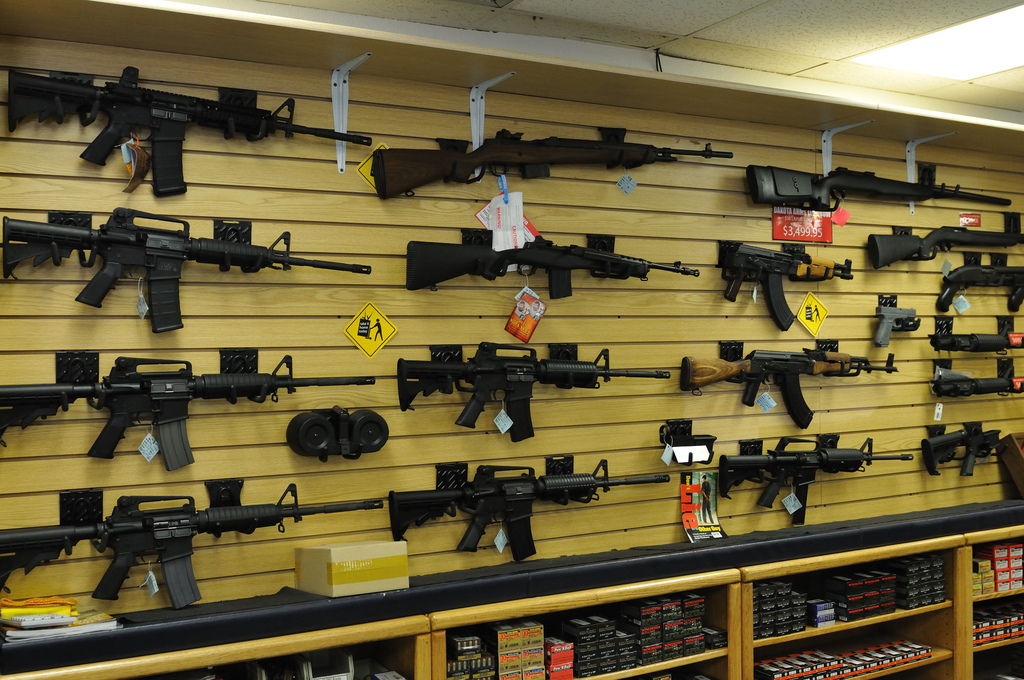
Interestingly enough, you can purchase multiple guns at once on a 4473 form. The form provides space for three items, but continuation sheets may be used. The 4473 is not so much about the gun you buy, as the transaction itself. What this means is that information collected on form 4473 is used to make sure you’re not prohibited from owning a firearm, not specifically the gun you want to purchase. For that reason, you can purchase multiple guns at one time as permitted in your jurisdiction. Once the transaction is complete, you must file a new 4473 form to purchase another gun.
The reason for this technicality is that once you file a 4473 and the dealer verifies that you are eligible for a gun purchase, once the transaction is done, a new verification is needed. On the ATF site, they give the example that you buy a gun on one business day – January 1 and pay for it, once the 4473 verification is complete. That transaction and transaction number are also completed. On January 2 you want to purchase another gun, but you must fill out a new 4473 form because you have paid for and completed the transaction of the previous 4473 from the day before. Because the first transaction is complete, you cannot add a new gun to it. It is done. The form and it’s associated background check is expired, and the firearm dealer (Federal Firearm License holder) must retain that form indefinitely. Once the transaction is completed, any authorization given by a background check expires and does not remain as a valid permit or means of adding additional guns.
As far as how many guns you can put on your open transaction form 4473, there is no federal limit. This varies by state. Keep in mind that:
- In accordance with state law, you can put multiple guns on the same form 4473 if the transaction is not closed. Once you pay for your gun, the transaction closes.
- Different purchases at different times require multiple 4473s – Once you pay for a gun or guns, the transaction closes and a new form 4473 must be filled out and filed, even if it is the same day.
- While the ATF does provide e-Form 4473 software, the software is regarded as cumbersome and does not integrate with other systems you may be using which can lead to mistakes and errors because everything has to be re-typed into their software. If the gun owner (seller) or licensee has FastBound you can fill out the form electronically in their shop. FastBound makes it easy to fill out 4473 forms and also electronically file them. For the licensed dealer, FastBound will store the form digitally for as long as needed. Since FastBound’s 4473 is tightly integrated with the A&D, data entry errors that plaque other “4473 only” solutions are a thing of the past.
How FastBound Can Help
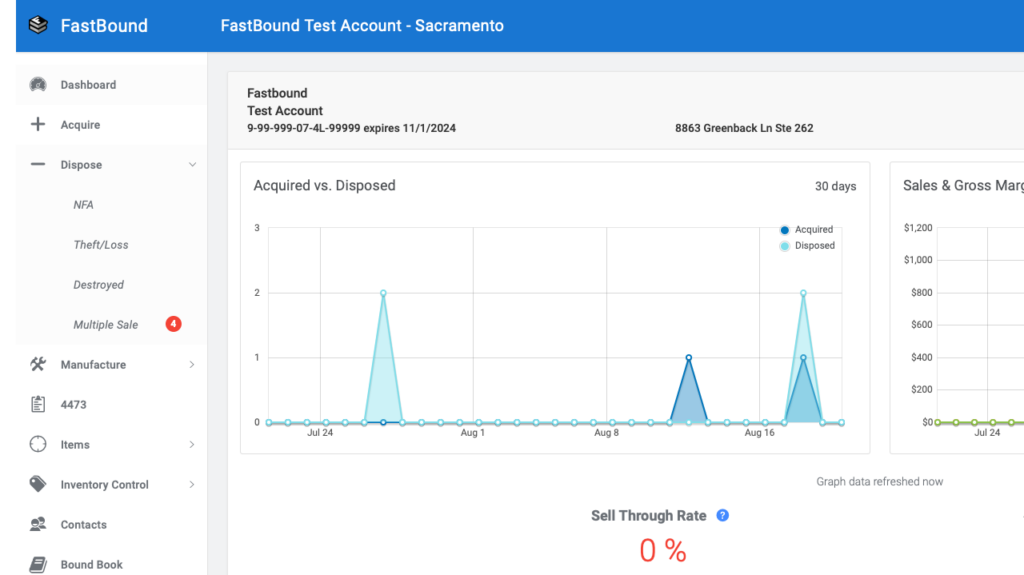
We make it easy to complete form 4473 because FastBound is an e-filing platform for gun dealers, sellers, and importers, background checks take seconds and reduce the odds of delays or denials because of incomplete or incorrectly entered information. Three of the top five ATF violations cited are related to failures to complete Form 4473 correctly. Don’t become a statistic!
Fill it Correctly the First time
FastBound is qualified to the exacting requirements issued by the ATF for gun transfer and sales. For that reason, the platform will alert you if the form is filled out incorrectly, and it will autofill the form where appropriate. Form 4473 is six pages long and there are many areas where information, such as the buyer or seller’s name is repeated. If filling out the form with a pen, you would need to handwrite that information repeatedly.
The short version of how FastBound helps with firearm sales and transfers is that it:
- Auto fills the form for you
- Verifies that the information is correct based on the form’s box and requirements.
- It prevents delays due to forms that are filled out incorrectly
- Initiates the background check with results returned in as little as 30 seconds.
- Maintains a compliant BoundBook under the guidelines of the ATF.
Learn more about FastBound and how it helps smooth out the gun buying process while keeping the entire transaction legal and current.
